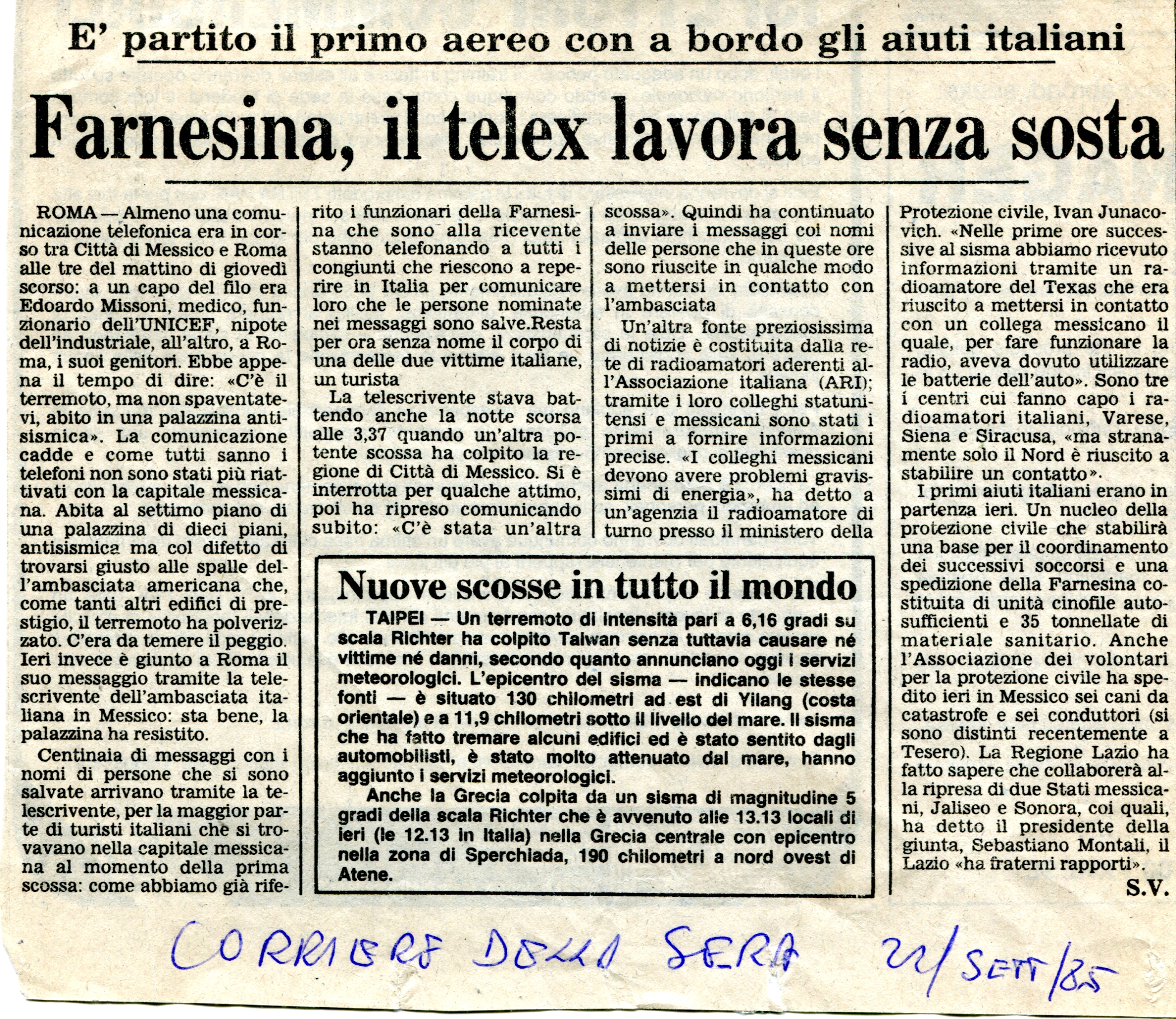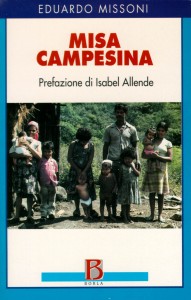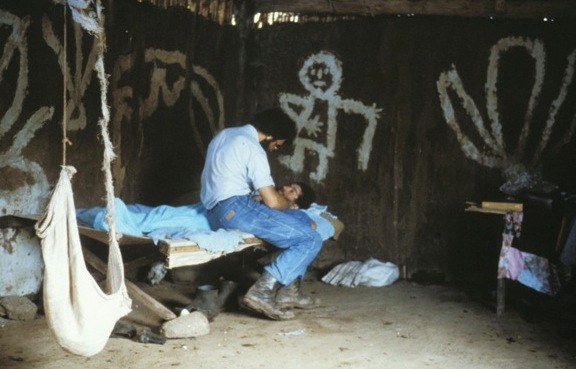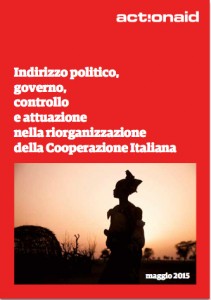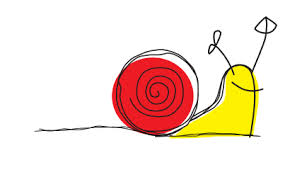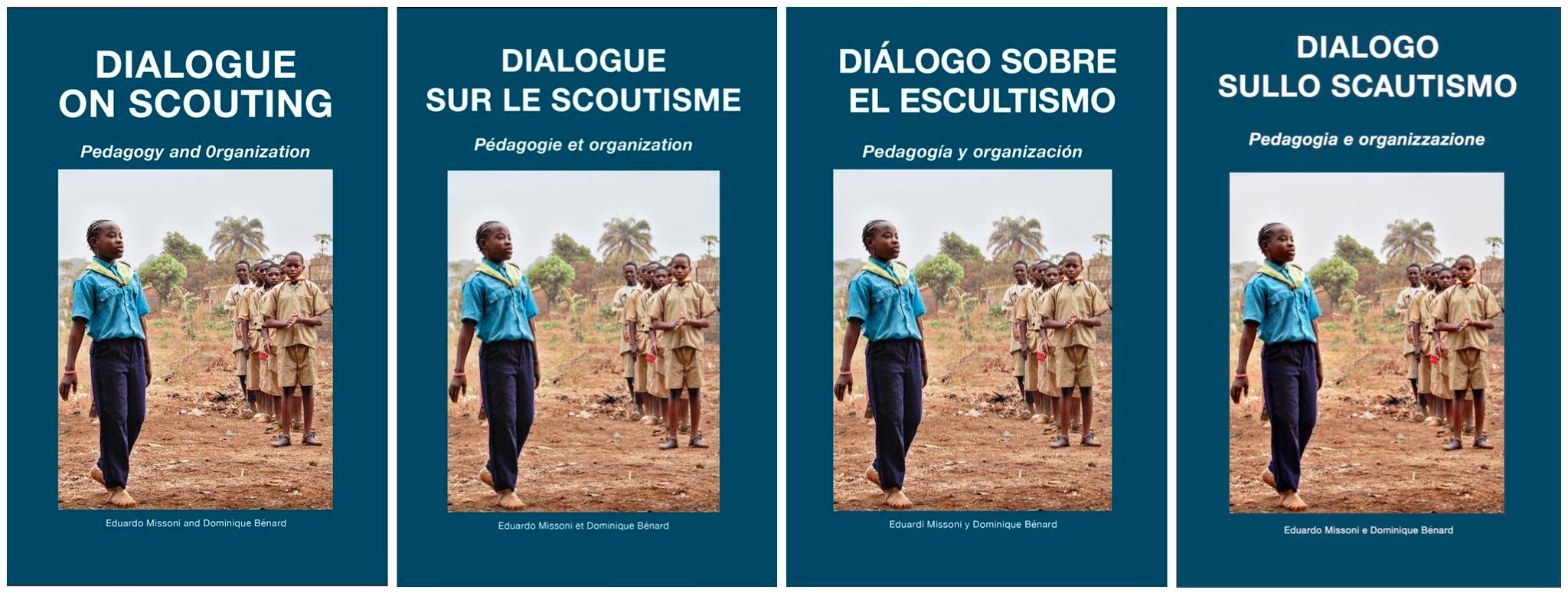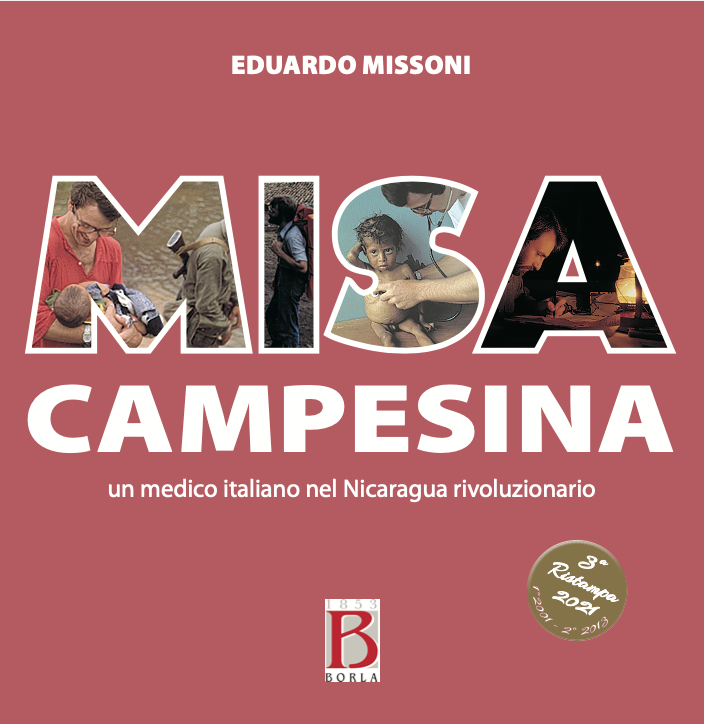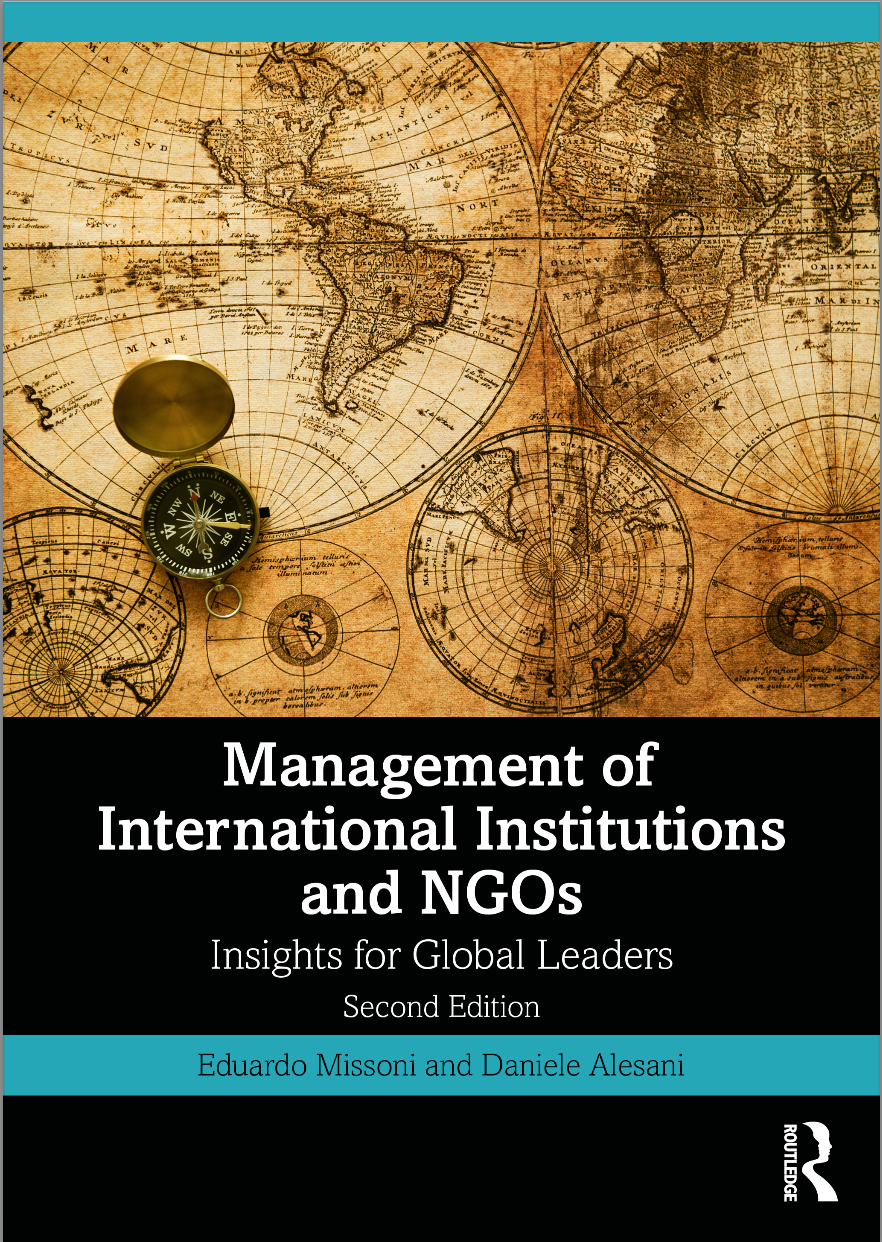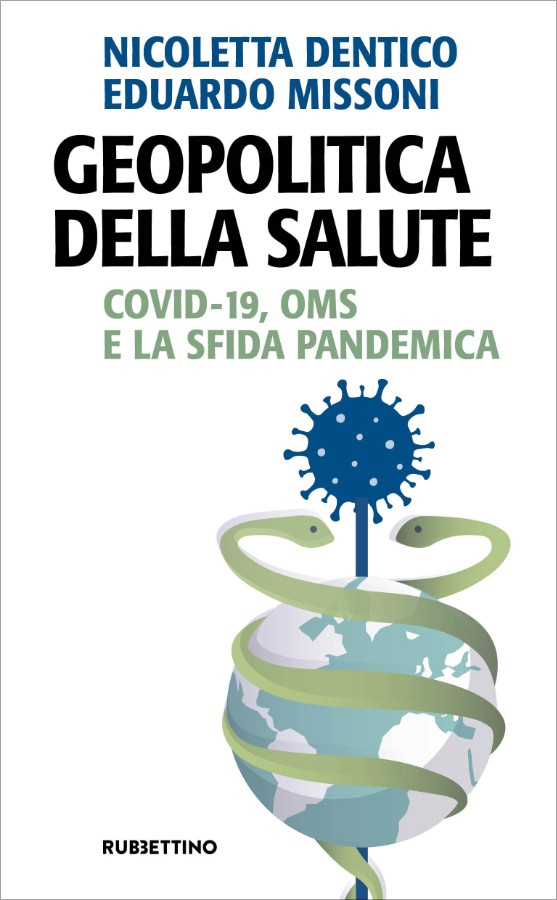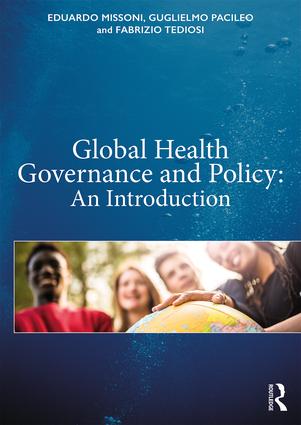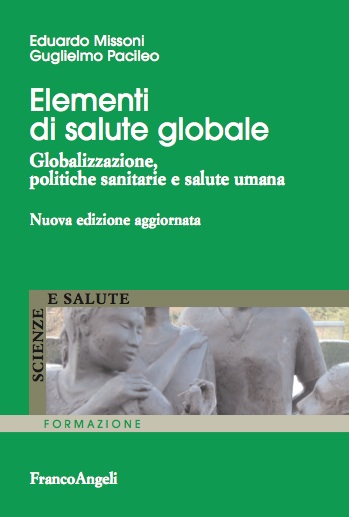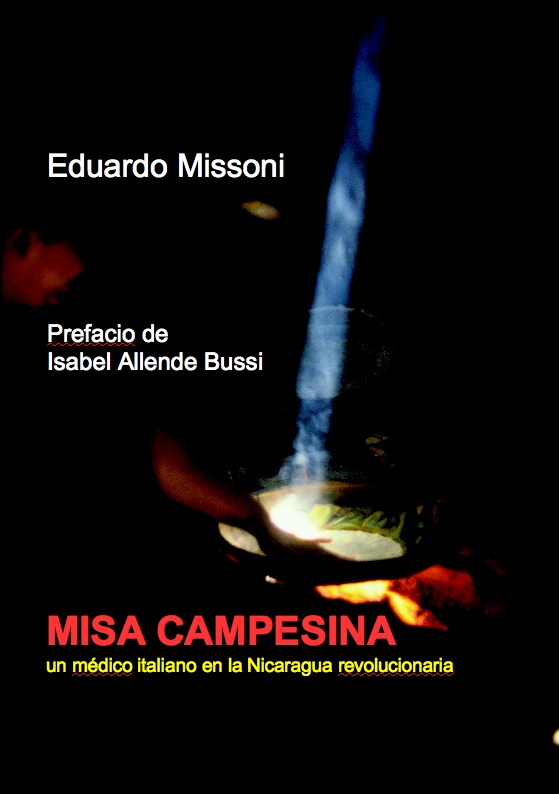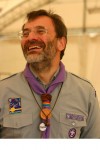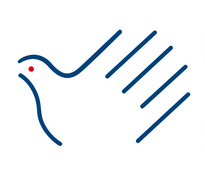 Non si sa ancora chi dirigerà la nuova Agenzia italiana per la cooperazione allo sviluppo, intanto però desidero condividere l’introduzione, la missione e la visione delle linee programmatiche che ho proposto, magari perché ispirino la persona che sarà chiamata a dirigerla.
Non si sa ancora chi dirigerà la nuova Agenzia italiana per la cooperazione allo sviluppo, intanto però desidero condividere l’introduzione, la missione e la visione delle linee programmatiche che ho proposto, magari perché ispirino la persona che sarà chiamata a dirigerla.
Dalle mie “Linee Programmatiche”
Introduzione
Con la legge 11 agosto 2014, n.125 l’Italia si è dotata di nuovi strumenti per un suo rinnovato ruolo nella cooperazione internazionale per lo sviluppo sostenibile, i diritti umani e la pace, e qualificare con quello la sua politica estera.
Per l’attuazione delle politiche di cooperazione allo sviluppo la legge 125/2014 ha istituito l’Agenzia Italiana per la Cooperazione allo sviluppo (art. 17). Le linee generali di funzionamento e i principi di organizzazione dell’Agenzia sono stabiliti nello Statuto dell’Agenzia varato con successivo decreto 22 luglio 2015, n. 113, del MAECI. E’ stato inoltre adottato il Documento triennale di programmazione e d’indirizzo nell’ambito delle cui direttive l’Agenzia dovrà operare, assicurandone l’attuazione per quanto di sua competenza come ente esecutore e finanziatore.
Perché possa essere assicurata la necessaria funzionalità dell’Agenzia entro la data di “piena operatività” (1 gennaio 2016) e poter quindi assumere la responsabilità del ruolo che la Legge le affida, la medesima dovrà in prima istanza dotarsi degli strumenti regolamentari e organizzativi interni previsti dallo Statuto. Data la ristrettezza dei tempi, per evitare che tali regolamenti soffrano di rigidità e per favorire l’innovazione dovranno essere previsti strumenti di agile adattamento sulla base di procedure di analisi e verifica d’impatto.
L’assetto organizzativo, funzione degli obiettivi dell’Agenzia tenuto conto di condizioni e limiti di partenza, è certamente importante, ma le organizzazioni si fondano sulle persone. Il buon funzionamento del sistema, dipende dalla conoscenza, dall’esperienza e dalla motivazione, ma soprattutto dall’etica che caratterizza le scelte e l’azione di tutte le persone a diverso titolo coinvolte. In tal senso, anche al fine di utilizzare al meglio tutte le risorse (formali, informali, tecniche, economiche, culturali) di cui il sistema dispone, sarà fondamentale costruire e mobilitare la collaborazione fattiva, onesta e trasparente tra le persone che costituiranno l’Agenzia, non ché tra questa, il MAECI e gli altri soggetti pubblici e privati del Sistema italiano di cooperazione allo sviluppo, intorno alla strategia di cambiamento necessaria al conseguimento degli obiettivi che la Legge ha definito, di cui l’Agenzia costituisce un perno essenziale.
Missione
Dare attuazione alle politiche di Cooperazione allo sviluppo contribuendo, nei limiti e secondo il mandato stabiliti dalla corrispondente normativa, ad affermare il ruolo dell’Italia nel più ampio contesto dell’agenda globale 2030 per lo sviluppo sostenibile.
Visione
L’Agenzia italiana di cooperazione allo sviluppo è riconosciuta in Italia, nei paesi partner, a livello europeo e a livello globale come un partner affidabile ed efficace nel dare compimento, per quanto di sua competenza, agli impegni assunti dall’Italia per lo sviluppo sostenibile, i diritti umani e la pace. Un’organizzazione efficiente, altamente decentrata, prossima ai bisogni delle popolazioni; che interagisce efficacemente con le istituzioni locali e gli altri partner nei territori e nelle sedi internazionali in cui opera, e con tutti gli altri soggetti del Sistema italiano di cooperazione allo sviluppo, alla cui coerenza contribuisce; determinata nell’applicazione dei principi di appropriazione, allineamento, armonizzazione, gestione basata sui risultati, e di responsabilità reciproca internazionalmente adottati. Un’organizzazione di elevata professionalità, trasparente, aperta all’innovazione, basata sulla condivisione della conoscenza, capace di rispettare e valorizzare le diversità, centrata sulle persone e ispirata dai più alti valori etici.


